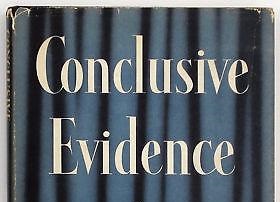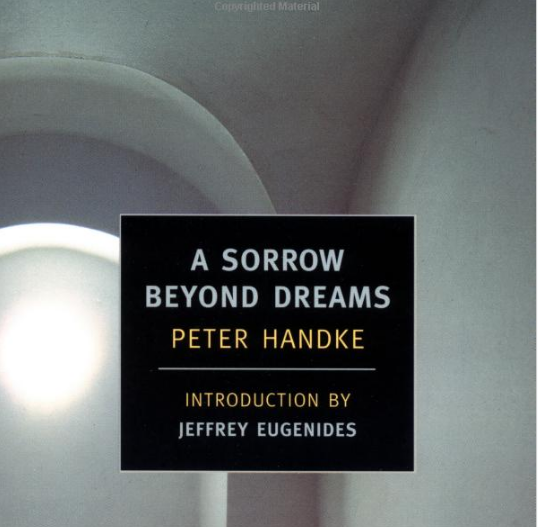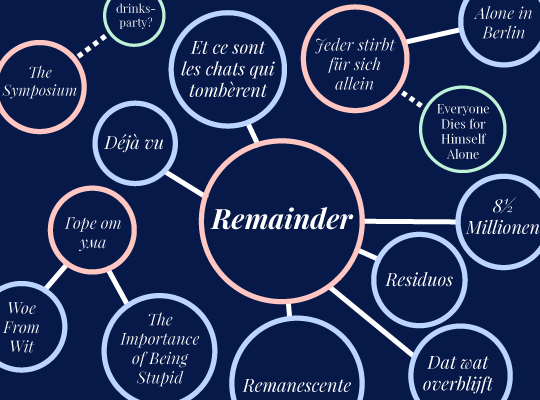Advertisements are the translator’s hell. Only the other day, I struggled with a Russian analogue to “a patient journey to asthma management:” each version sounded either too Western or too Soviet. That fruitless exercise has put me in mind of Victor Pelevin, one of the most popular contemporary Russian authors, whose books are often tributes to his early career in advertising.
A classic example is Generation “П,” originally published in Russian under this funky title in 1999. The П is for P, which is for Pepsi. It traces a copywriter’s journey (sic) to greatness in the formative days of Russian capitalism. Andrew Bromfield’s version, published by Faber and Faber, is called Babylon, referring to the name of the protagonist, Vavilen Tatarsky (his pet name, “Vavan,” is rendered as “Babe” here), which brings up a whole host of Sumerian associations in the book. The book’s US title, Homo Zapiens, is Pelevin’s own invention: a term for a model consumer, it appears in a text communicated by the spirit of Che Guevara by means of an ouija board, where it’s abbreviated to ХЗ, a shortened form of the Russian equivalent of “fuck knows.”




